Preparing and cooking your baby’s food is a simple process that doesn’t need to take up a lot of time and expense.
Preparing baby food
When preparing first foods for you baby, it is important to start with foods that will not pose any threat – choking, allergies – to him. It is best to start with rice cereal and then to move on to pureed cooked fruits and vegetables such as apple, pear, pumpkin, potato and peas.
When preparing baby’s food, ensure that all core, bones, fat and seeds have been removed before you begin cooking. Some parents choose to cook with vegetable skins on and remove just before pureeing (or even puree the skins as well) as many fruits and vegetables have much of the nutritional value in their skin.
Cooking baby food
The best cooking methods for baby food include:
-
Steaming
Steaming in a little water is the best way to cook food for your baby as this method will retain the most nutrients of all cooking methods. It is important, though, not to overcook the food as this will cause it to become waterlogged and less pleasant to eat. If you need to add a little liquid when pureeing the steamed foods, add a little of the cooking water and you’ll be adding back into the food some of the nutrients that have been lost into the water.
-
Baking
Dry baking (where no oil is used) baby’s vegetables is a great way to intensify the flavours of the vegetable without having to add anything to the food other than a little liquid when you puree the vegies. Try sweet potato, potato, carrots, corn and parsnips.
If you bake baby’s meat, try using a little water to puree it rather than the meat juices as these juices may make the meat taste a little too strong.
-
Microwaving
Using the microwave to cook baby food allows you to cook small amounts efficiently. As food can cook unevenly in a microwave, ensure that the food you are preparing is evenly cooked before pureeing as uncooked food can produce a roughly textured food that you baby may not be able to eat.
-
Frying and grilling
These methods are generally not recommended as regular methods of preparing baby food because of nutrient loss and the amounts of carbon (grilling) and oil (frying) your child can consume via these cooking methods.
Storing baby food
When you prepare and cook homemade baby food, you will usually cook more than you need at each meal and so you will need to store it safely so your baby can eat it at a later time.
- To store baby food safely, begin by ensuring that all your utensils, ingredients, work space and hands are extremely clean before you commence cooking.
- Make sure that you have suitable storage containers before you start cooking and that they are also thoroughly clean and that all seals are working correctly.
- Portion out your baby food into individual serves before you begin to feed your baby.
- NEVER store leftover food (that has been in a bowl mixing with other foods) from one meal with food from another.
- You can store individual portions of baby food in the fridge for one day.
- Individually portioned baby food can be stored in the freezer for up to a month.
- When planning to use baby food that’ been frozen, try to defrost it overnight in the fridge.
What you’l need to make baby food
To keep the job of cooking your baby’ food as simple as it should be, ensure you have the correct equipment for the task:
- Steamer basket (optional)
- Food processor, hand blender or manual food mill like an old fashioned ‘moulin legumes’ (muli)
- Sieve for straining pureed foods and removing any lumps
- Ice cube trays for freezing small portions of baby food
- Glass jars or air-tight containers
- Labels or marker pen for marking the variety and date the baby food was made
Best tips for preparing, cooking and storing baby food
- Avoid additives such as salt, oil or sugar when cooking baby food – your baby will love the natural flavour of foods
- Try and use only fresh fruits and vegetables
- Throw away any unfinished food at the end of each meal to avoid the risk of food poisoning
- Prepare and cook single foods only when introducing your baby to new foods
- If you need to thin your baby food, use breast milk, formula, cooking water, juice or water
- Never refreeze baby food that’s been thawed
- Freeze or refrigerate prepared baby food immediately
This article was written by Ella Walsh for Kidspot – New Zealand’s parenting resource for newborns and baby.

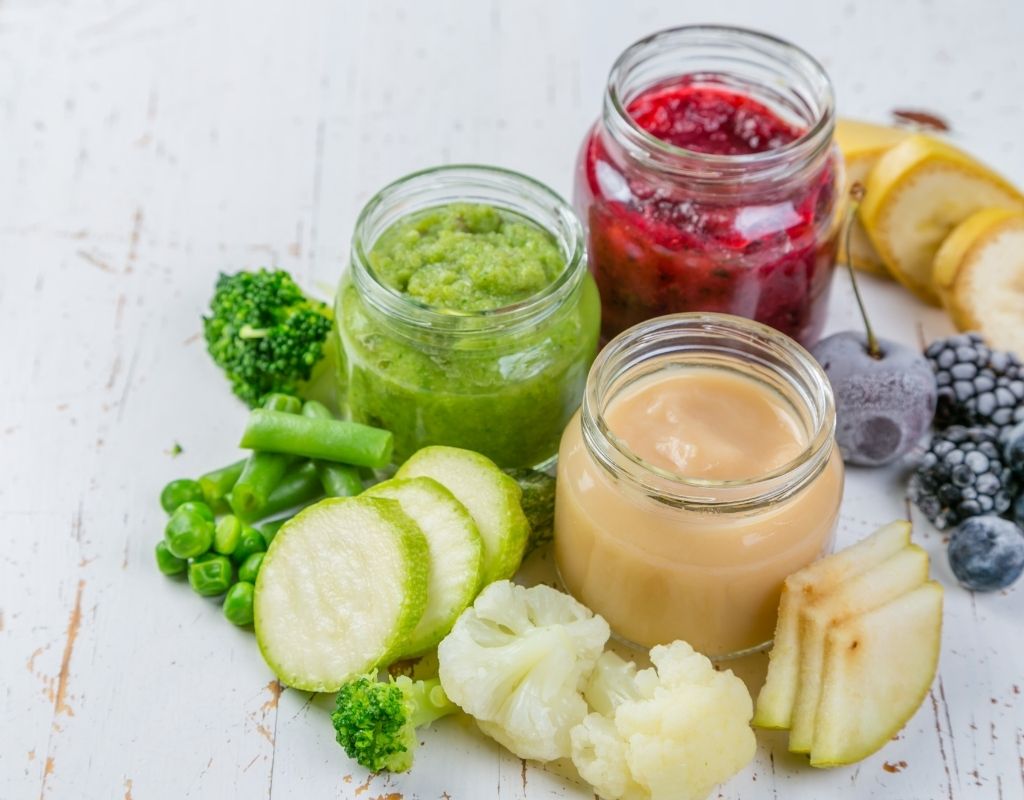

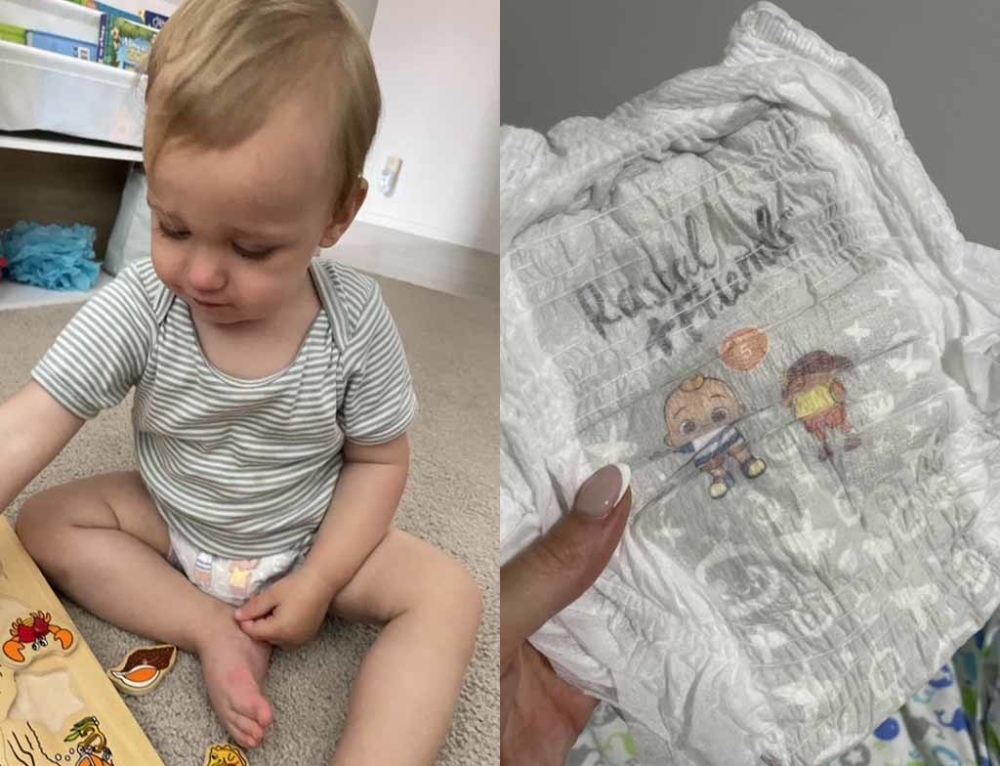
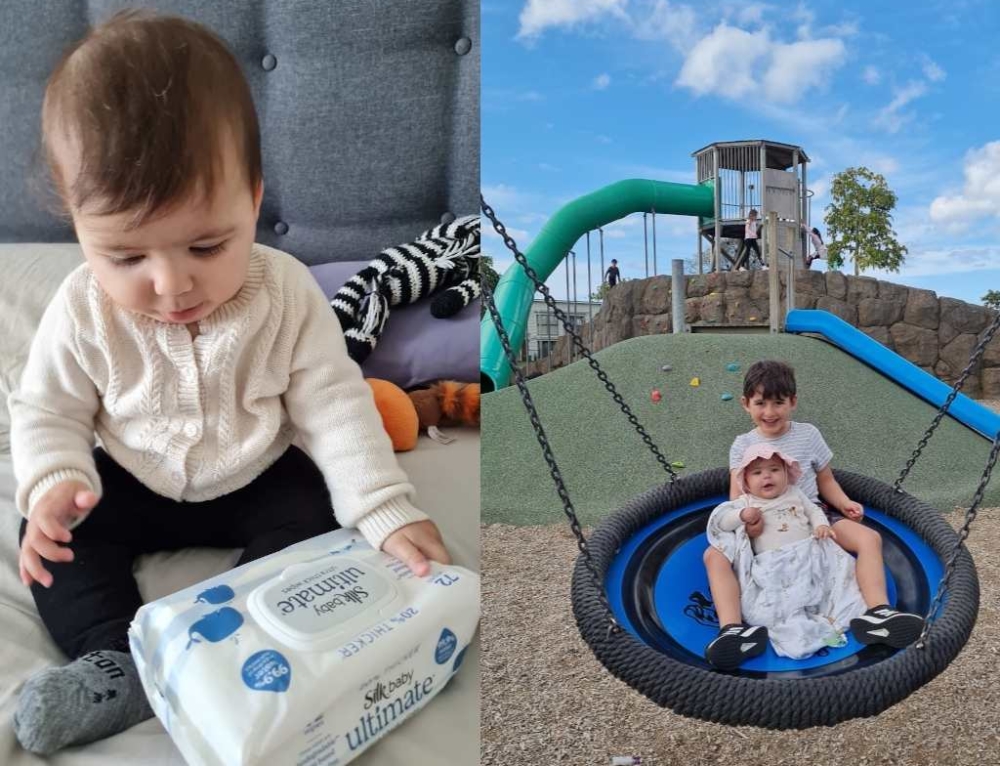
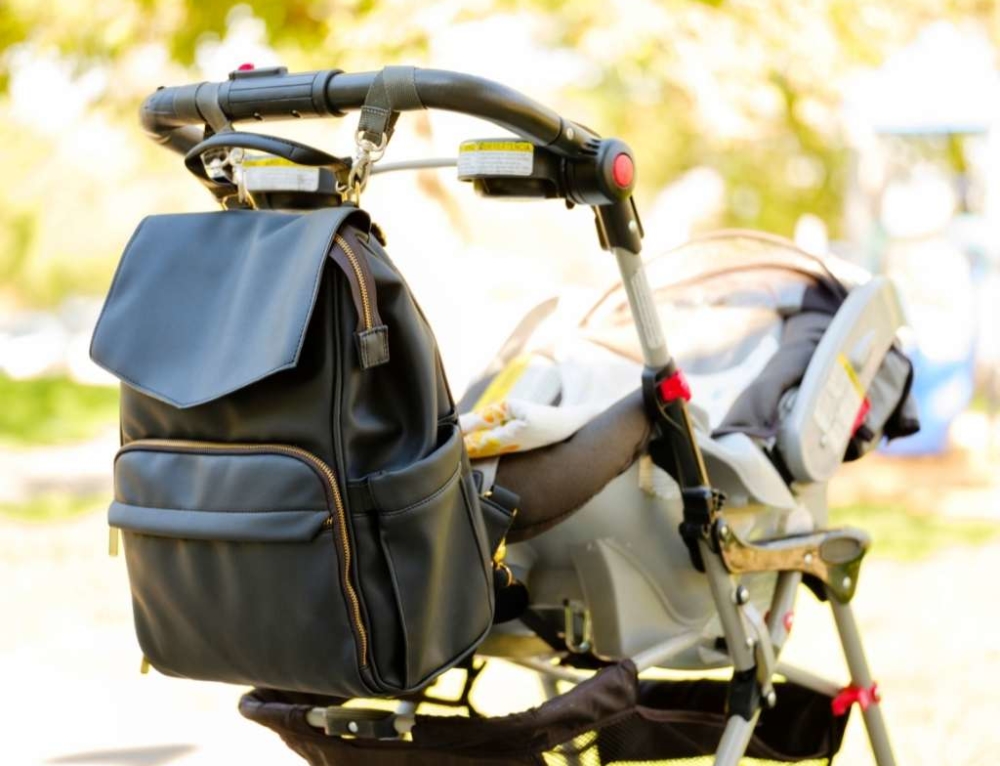
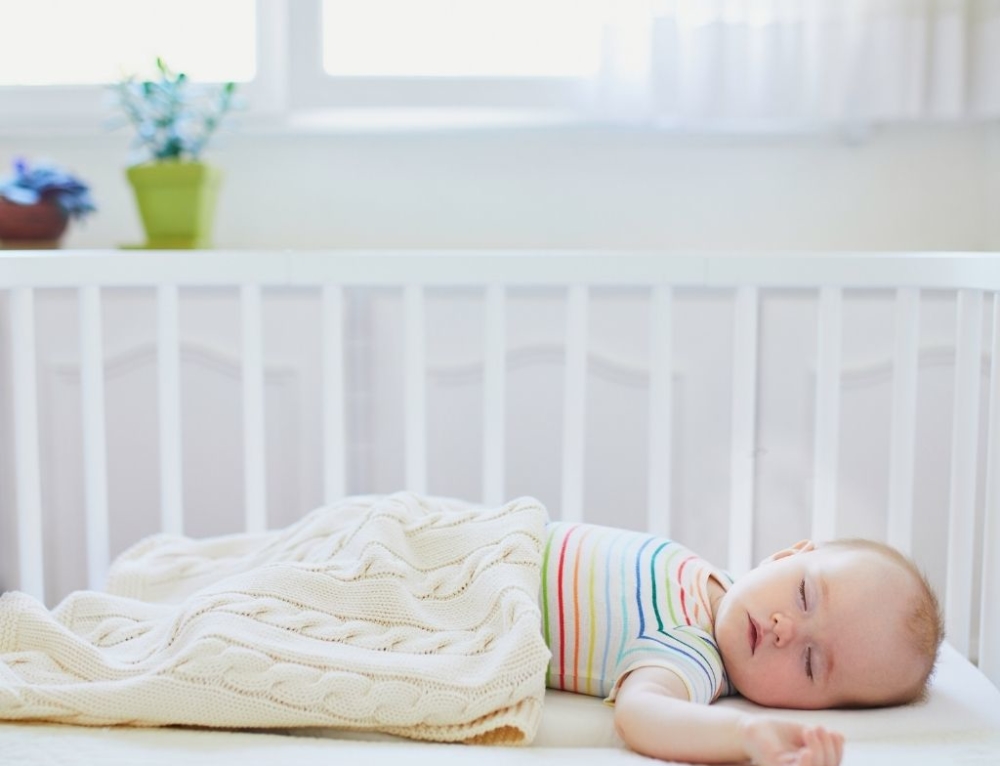
Leave A Comment
You must be logged in to post a comment.